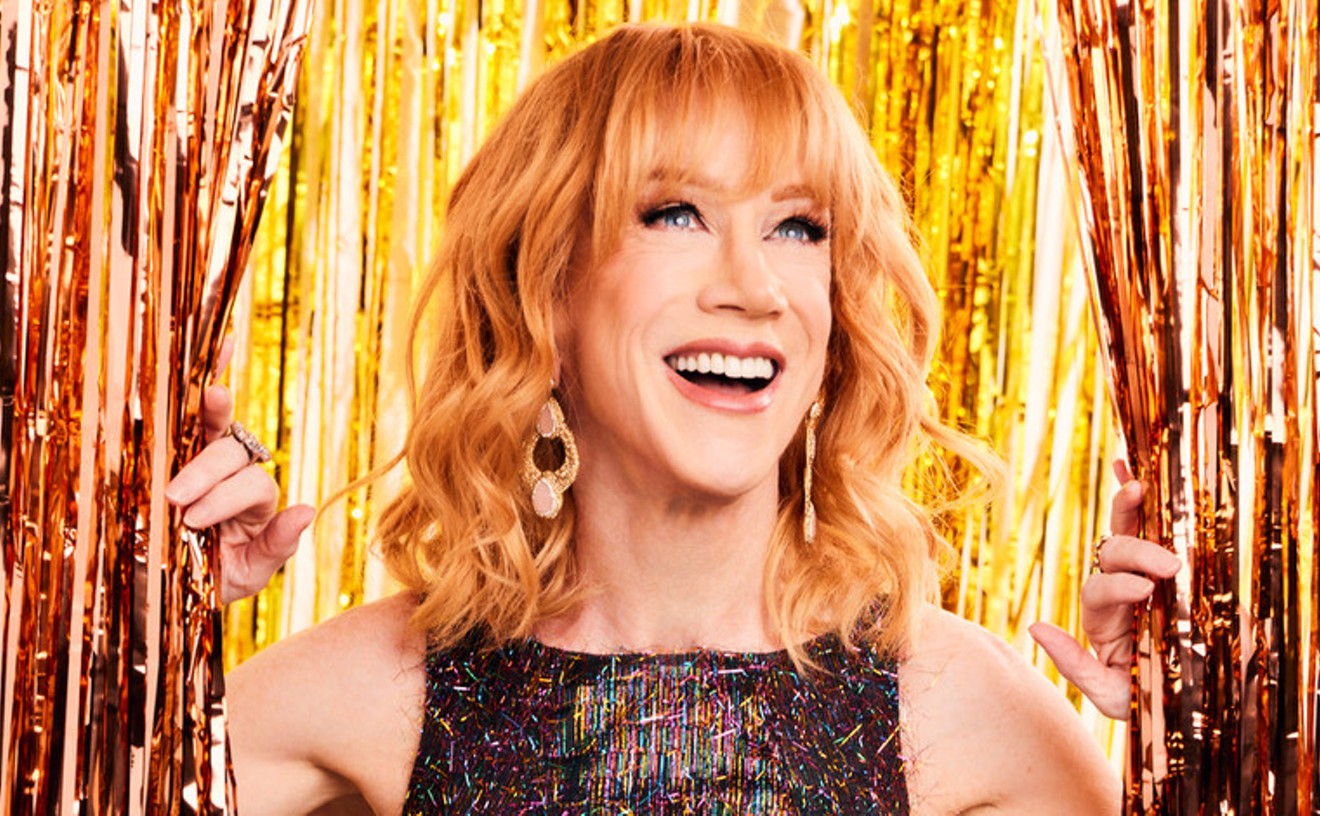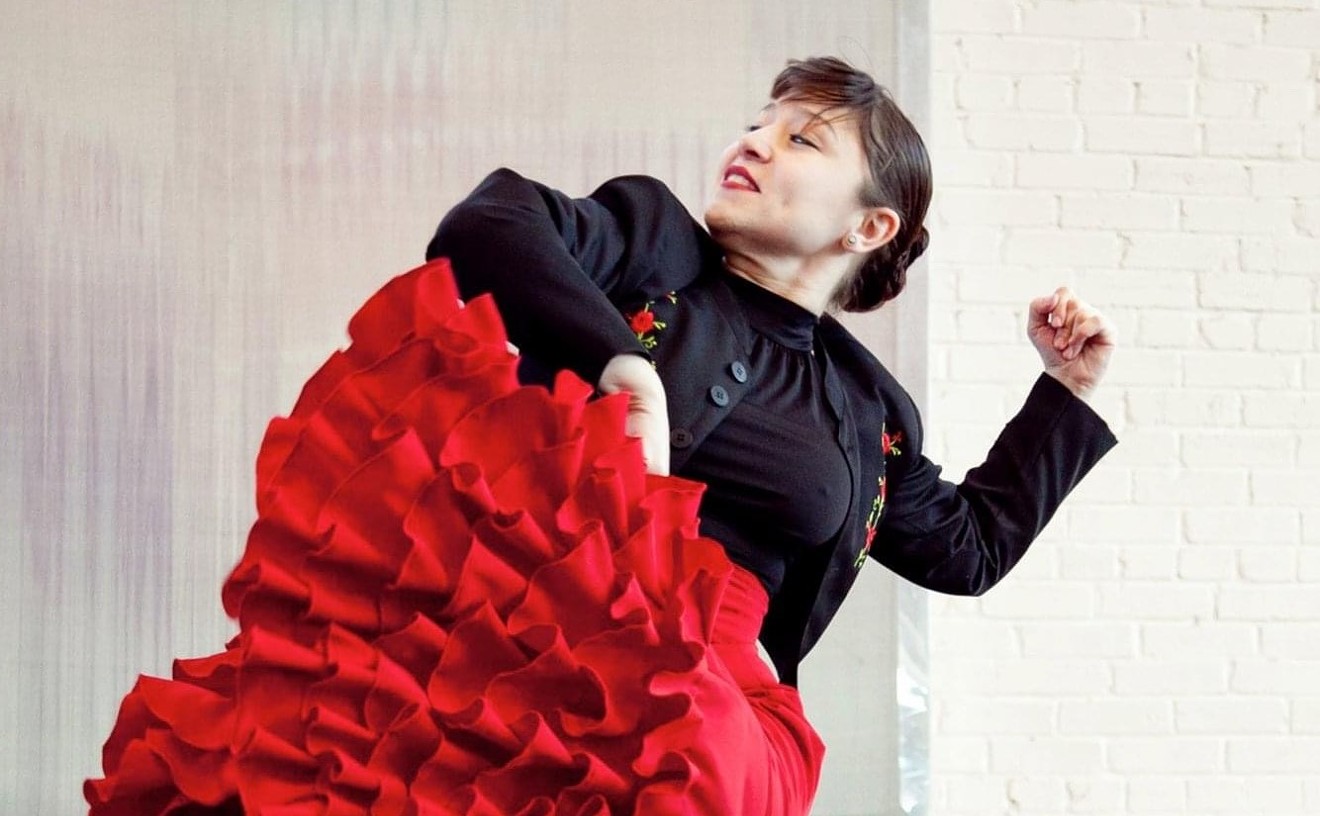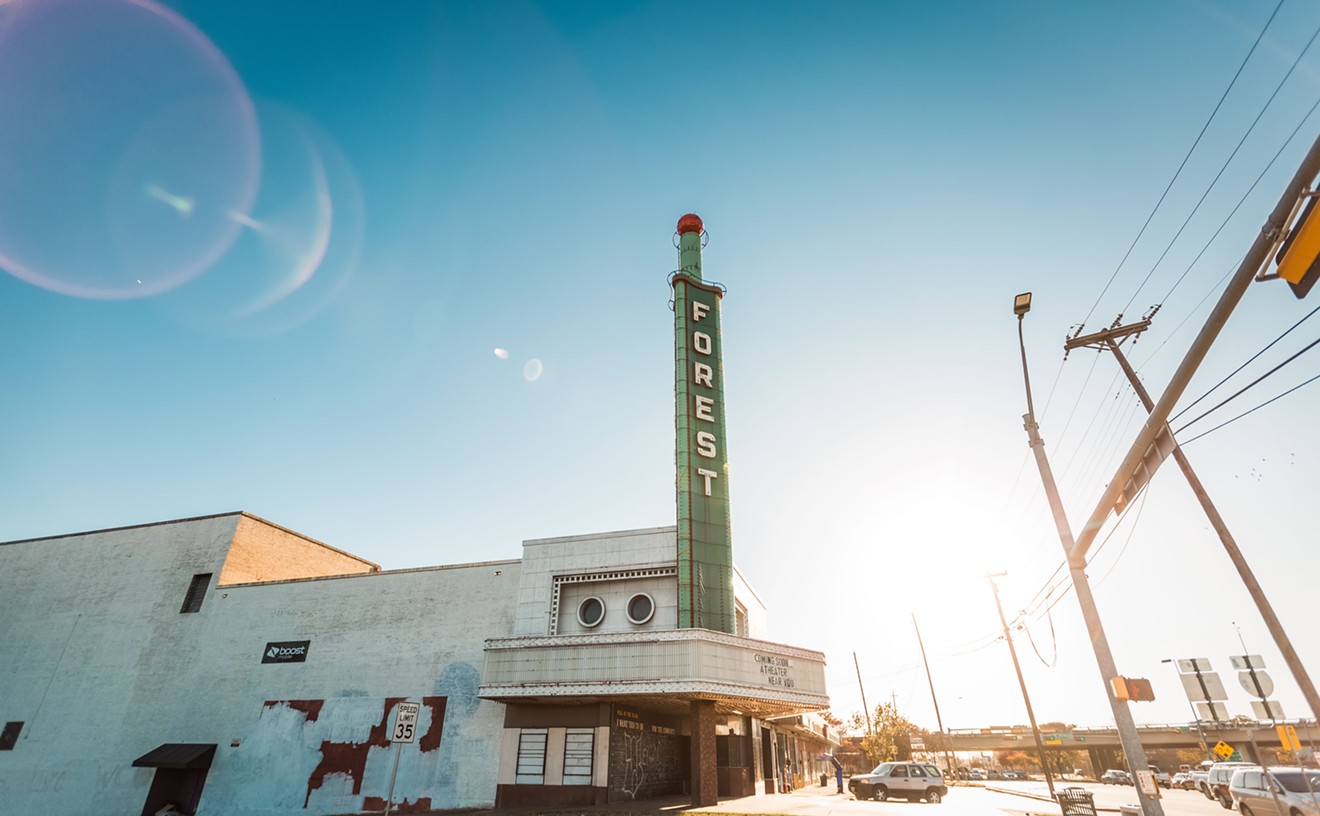Richard McKay knows his boyish face makes a statement. When we met for coffee last week, he still seemed a little shell-shocked by his very recent 30th birthday. But if he seems hyper-aware of his age, it's probably because the artistic director and conductor of the newly formed Dallas Chamber Symphony is tired of hearing about how old he is. "I don't think there was a critic who failed to mention my age or my youth," he told me matter-of-factly in reference to the symphony's debut concert two weeks ago at City Performance Hall. "That's fair," he went on, "it's an accurate observation."
He also knows that in the world in which he is making his career - the world of Capital-C-Classical Music - youth can be a "barrier." He quoted a recent conversation with a colleague discussing the issue: "There are a lot of people who won't let you grow up. You're sort of relegated to the sidelines. It doesn't matter how good you are, it's just, you're still too young."
Which is exactly why McKay is taking matters into his own hands. The Dallas Chamber Symphony is his brainchild and a product of much personal effort on his part. It's also his way out of the box and an opportunity to do what he loves in the way that he wants to do it. "The great thing about being an entrepreneur in music or in any business is that when you go out on your own and you do your own thing - age, gender - all of those things fall away," he explains.
Plano born and raised, McKay recently returned to Dallas from Baltimore with a doctoral degree in conducting from Peabody Conservatory. He describes himself as an academician "to a certain extent." But he also admits he has never felt at home in the often hyper-traditional world of musical academia. He seems more comfortable thinking of himself as an entrepreneurial businessman, preferring the tedium of analyzing an organization's financials to writing his doctoral thesis. While he is clearly energized by his artistic vision for the chamber symphony, he is also keenly aware of a business opportunity; a city with a brand new, 750-seat, acoustically excellent hall and a business community that he recognizes has "largely untapped potential."
The Dallas Chamber Symphony could potentially fill a gap in the city's musical offerings. A chamber symphony is smaller than a full symphony orchestra, topping out at around 36 members. They typically perform more intimate and sometimes more obscure symphonic literature in smaller, less formal settings. The musicians in this organization are paid professionals, many of whom already play in either for the Fort Worth symphony or for the Dallas Opera, and who, according to McKay, are eager to have this outlet for smaller, more transparent performances. Since many large cities support both full symphony orchestras and chamber symphonies, McKay was right to see the potential.
A plan is only as good as its execution and at first-glance the Dallas Chamber Symphony's concert schedule is a bit confounding. Why are two of their six concerts movie screenings? And why do another two feature a soloist and a string quartet with no chamber symphony in sight? And why would a chamber symphony perform large works by Beethoven and Brahms?
McKay's artistic choices might appear scattered, but are clearly the result of much careful thought. The programming evolved from his initial vision of a diverse concert series that featured film screenings, symphonic performances, and concerts by smaller ensembles featuring eminent artist groups and soloists. Putting all these under the umbrella of the Dallas Chamber Symphony was a branding decision. And while he recognizes that Beethoven and Brahms are not particularly innovative choices, he is adamant that his organization will bring some very different sounds to the table even in those performances.
"Our first program was the most traditional because we were opening the hall." He goes on, "We needed the kind of program that we could just show up and play, something comfortable, something that didn't require any lighting or special setup. Beyond that, one thing that is often neglected in discourse about chamber orchestra is the fact that as much as it is a question of repertory, it is also a question of space. There is something very different in performing a Brahms symphony in a huge opulent symphony hall than playing it in an intimate setting." He describes their first concert as a soft-opening of sorts; a chance for the musicians and audience to get acquainted with each other and with a new hall.
The DCS's first concert filled only half the new City Performance Hall, but McKay was actually thrilled with the attendance given the fact that the whole organization rolled out only three weeks prior to the first concert, they've yet to engage in a full-blown marketing campaign, and he was dealing with personnel changes two days before the concert.
With ambitious plans for evolving programming, educational programs, and an annual piano competition, there's still a lot to learn about this fledgling group.
The Dallas Chamber Symphony's second concert will be held tonight at 7:30 in the City Performance Hall. Tickets range from $19-$39. If you haven't checked out the newest architectural addition to the arts district, tonight would be a good chance to see the hall. But don't expect to see McKay at the helm of an orchestra. Pianist Alessio Bax performs a solo recital for tonight's program.










